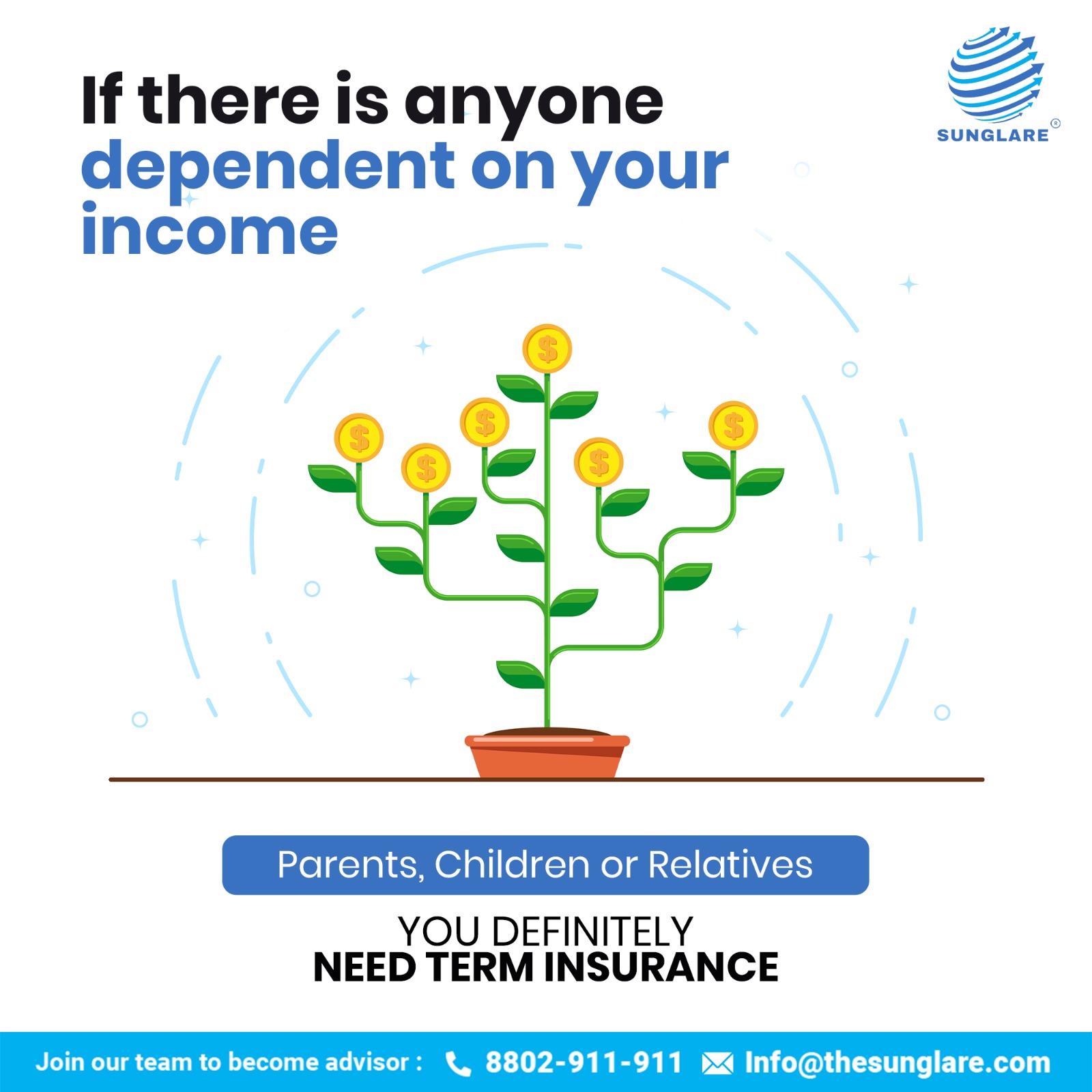
When Should You Buy A Term Insurance Plan?
You should consider buying a term insurance plan under the following circumstances:
1. **Financial Dependents**: If you have financial dependents, such as a spouse, children, or aging parents, who rely on your income for their financial well-being, you should consider purchasing a term insurance plan. It ensures that they are financially protected in case of your untimely demise.
2. **Young and Healthy**: Term insurance is more affordable when you are young and in good health. The premiums are lower, so it’s a good time to buy a policy to lock in a low premium rate for the duration of the term.
3. **Outstanding Debts**: If you have significant outstanding debts, such as a mortgage, personal loans, or credit card debt, a term insurance plan can ensure that your loved ones are not burdened with these financial obligations if something were to happen to you.
4. **Dependent Children**: If you have dependent children, a term insurance plan can provide for their education and other financial needs if you are no longer there to support them.
5. **Long-Term Financial Goals**: If you have long-term financial goals, such as funding your children’s education, building a retirement corpus, or leaving an inheritance, a term insurance plan can help ensure that these goals are met even if you’re not around.
6. **Business Owners or Partners**: If you own a business or have business partners, a term insurance policy can be used to provide a financial cushion for your business in the event of your death. It can help with business continuity and succession planning.
7. **Temporary Needs**: Term insurance is designed for temporary protection, so it’s suitable for specific needs that have a defined time frame. For example, you might want a policy that covers you until your mortgage is paid off or until your children become financially independent.
8. **Budget Constraints**: Term insurance is generally more affordable compared to other types of life insurance, such as whole life or universal life insurance. If you have a limited budget, term insurance allows you to get a higher coverage amount for a lower premium.
9. **Change in Life Circumstances**: Life events like marriage, the birth of a child, or the purchase of a new home can trigger the need for additional life insurance coverage. Reassess your insurance needs when such events occur.
10. **Estate Planning**: If you have a sizable estate and want to ensure that your heirs are not burdened with estate taxes, a term insurance plan can help cover these expenses.
It’s important to regularly review and update your insurance coverage to align with changes in your life circumstances and financial situation. The ideal coverage amount and term length can vary from person to person, so it’s advisable to consult with a financial advisor or insurance professional to determine the most suitable term insurance plan for your needs.



